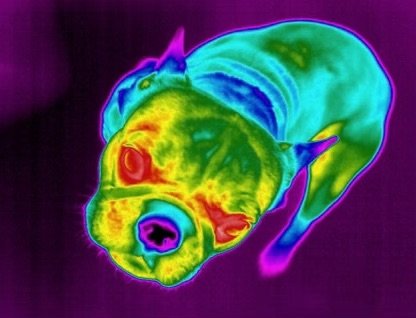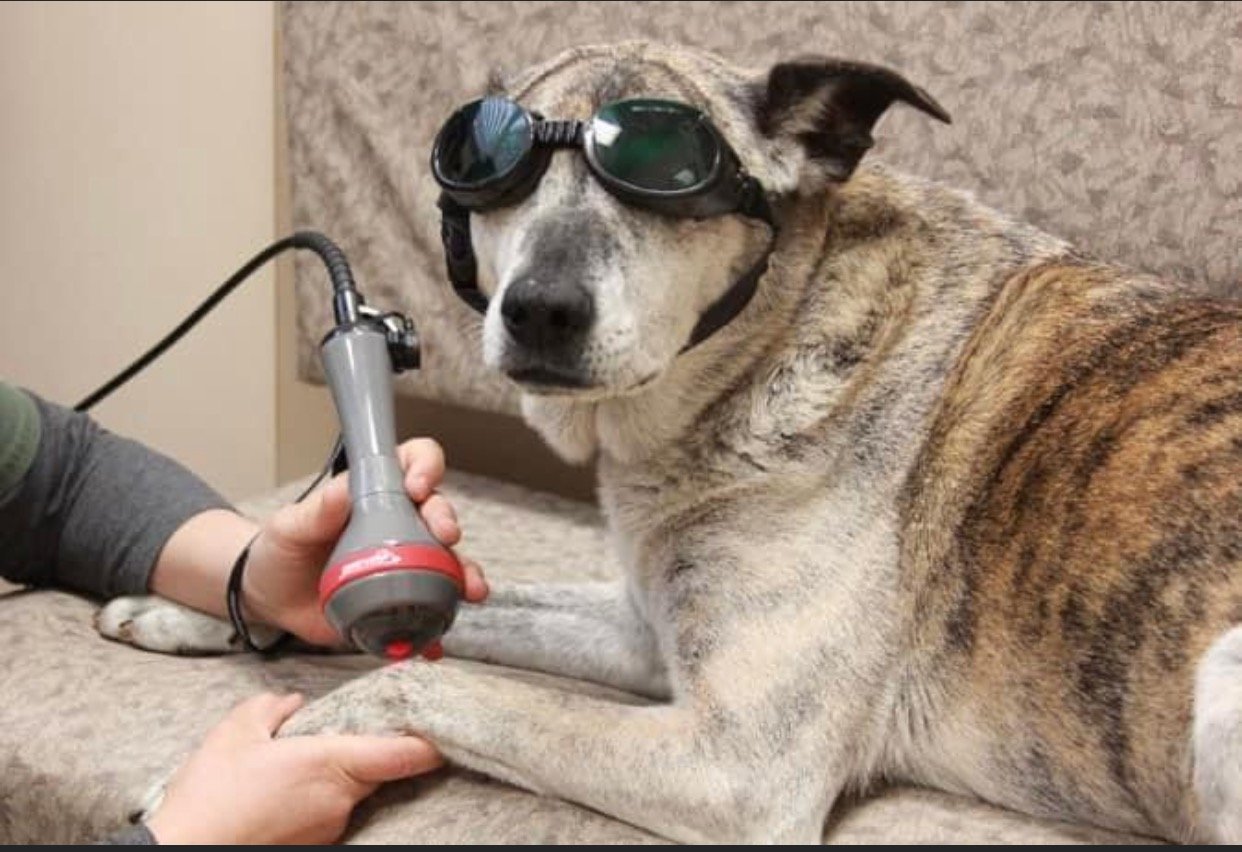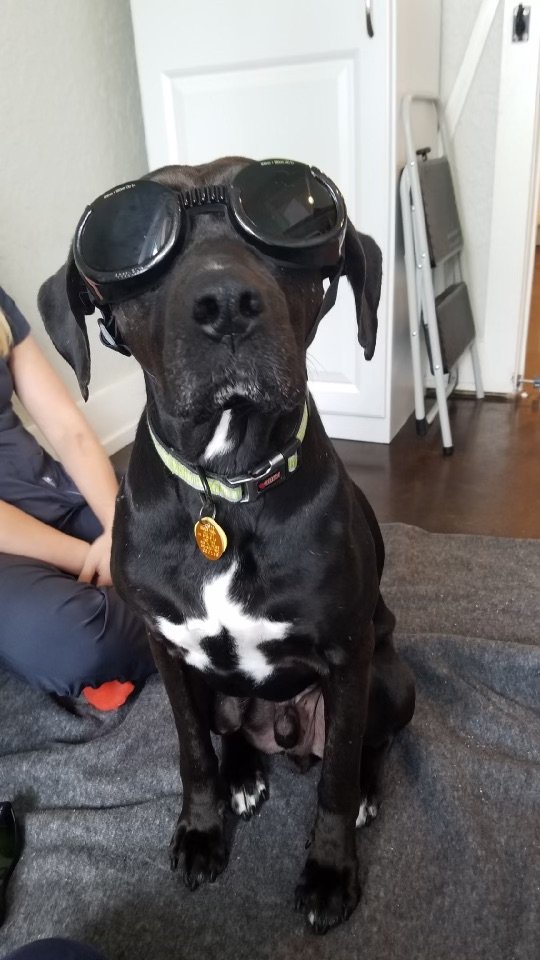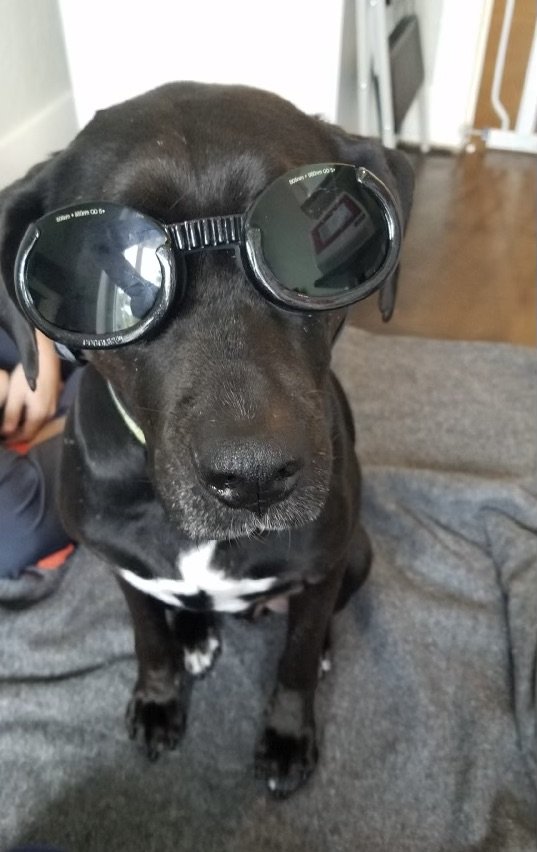Laser Therapy / Thermal Imaging
LASER THERAPY FOR PETS
The most common applications for therapeutic laser include muscular sprain/strain and resultant pain including osteoarthritis (laser treatment over joints and muscles that are painful), post-operative application around incisions, wounds (to stimulate and accelerate healing) and any situation in which the pet is experiencing musculoskeletal pain. Other applications include aiding in the healing of bone fractures, lick granulomas, and tendon injuries.
Benefits of Laser Therapy for Dogs:
Surgical wound healing
Traumatic wound healing
Increase metabolism of specific tissues
Reduces the formation of scar tissue
Improves nerve function and nerve regeneration
Releases painful trigger points
Speeds healing of infections and greatly reduces inflammation
How does therapeutic laser work?
Photobiomodulation (the laser-tissue interaction) stimulates many changes in the body’s cells, with the most significant being reduction in pain and enhancement of healing. For example, therapeutic laser reduces pain by decreasing inflammation, as well as by decreasing tissue chemical that stimulate pain and affecting nerve conduction. Therapeutic laser also enhances healing by increasing microcirculation, stimulating cellular activity, and regeneration.
FAQ:
Does my pet have to be shaved? Therapeutic laser does not require shaving the hair over the area to be treated.
How often will my pet need it and how many treatments can I expect? Most patients receiving therapeutic laser are treated two to five times per week for several weeks. Acute tissues are generally treated more frequently but over a shorter time frame, while chronic conditions tend to be treated less frequently but for an overall longer time frame. Your pet’s protocol treatment plan will be determined by your pet’s unique condition.
How long does a therapeutic laser treatment take? Most treatments are between 10-20 minutes.
THERMAL IMAGING
Our Digatherm Thermal Imaging Camera uses infrared technology to measure the heat radiation being emitted from an animal’s body. This produces images called thermograms, which provide visual representation of temperature differences. These fluctuations in temperature are often indicative of an injury or other illness, such as infection or inflammation. When we can visualize these areas of concern, we are better able to diagnose and treat them in a timely manner.
BENEFITS OF THERMAL IMAGING:
Low cost
Completely non-invasive and totally painless
Ideal for nervous or anxious animals who might otherwise require sedation
Elimination of guesswork - ability to pinpoint a precise area for examination
Quicker and more accurate diagnoses for faster and more effective treatment plans
Ability to spot potential problem areas early so they can be addressed before they develop or worsen
Used in tandem with laser therapy to precisely identify the area to focus on and can help measure progress and visualize the results of laser treatments
If you would like to learn more about thermal imaging or schedule an appointment for your dog or cat, call (850) 660-1892 today!









